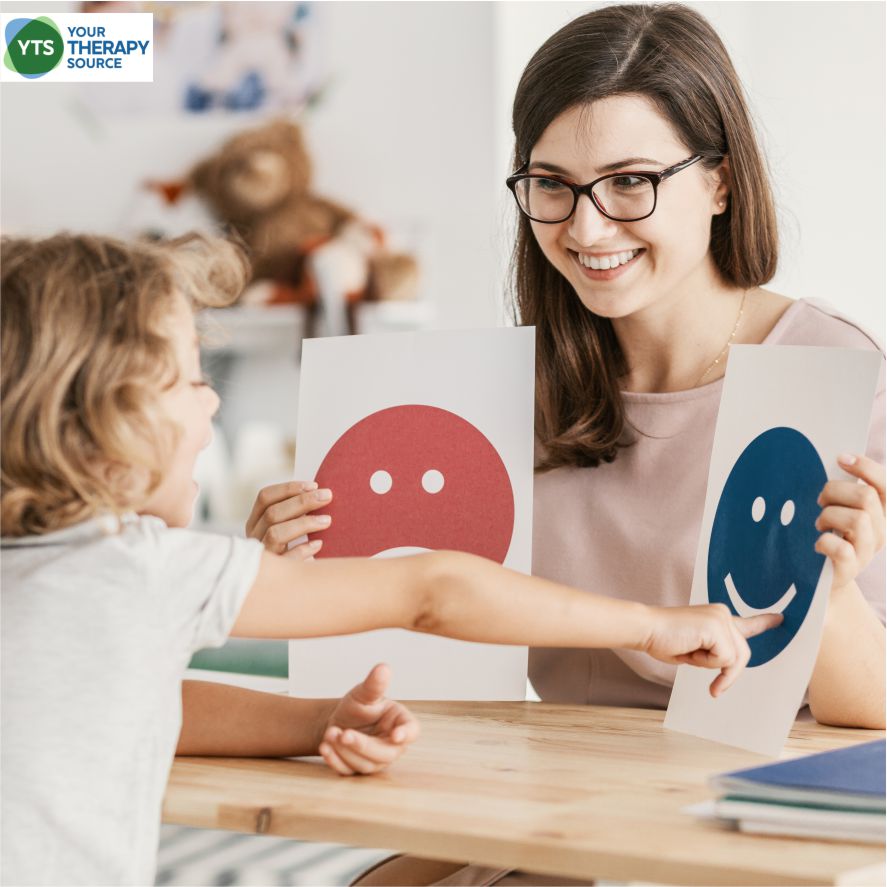Emotional Regulation
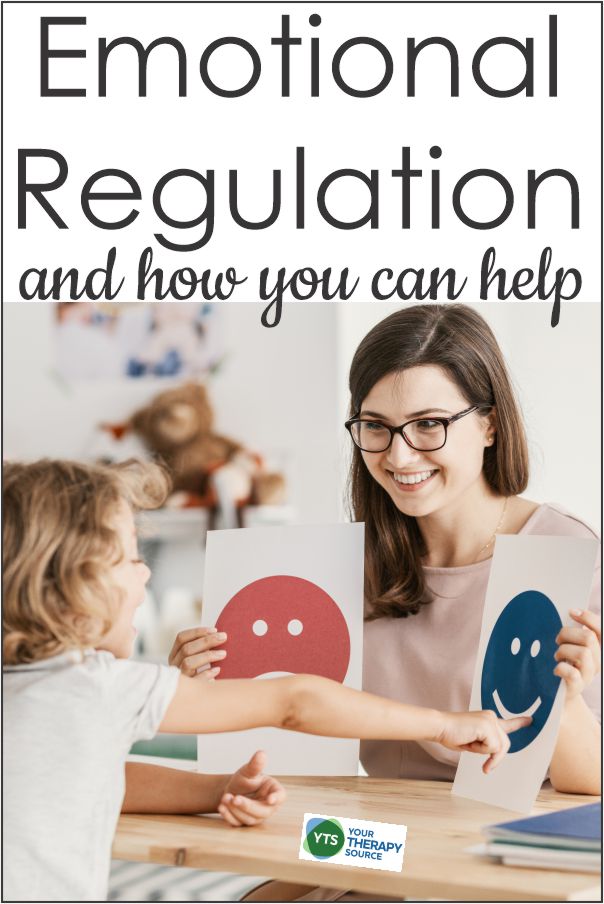
If you’re like most teachers and parents, you want your child to be happy and successful. One of the best ways to help them achieve this is by teaching them how to regulate their emotions. Emotional regulation is the ability to understand and manage your emotions in a healthy way.
Remember when your child or student has a meltdown, you might feel embarrassed and frustrated. It’s important to remember that your child is not doing this on purpose – they are just having a hard time regulating their emotions.
Emotional self-regulation can be a challenge, especially for kids. When we understand how to help them regulate their emotions and teach them coping skills, it can make all the difference in the world.
WHAT IS EMOTIONAL REGULATION?
Emotional regulation is the process of managing emotions in a productive way. It involves being aware of your emotions and understanding how they affect your thoughts, behavior, and interactions with others. It also involves using effective coping strategies to manage emotions in a healthy way.
There are many long-term benefits to emotional regulation, including improved mental health, better relationships, increased life satisfaction, and decreased stress levels.
Skills related to emotional regulation can be learned and developed over time. Children who are taught emotional regulation skills tend to have better social skills and overall mental health as adults. There are many different ways to develop emotional regulation skills.
Some helpful techniques include:
- mindfulness
- meditation
- breathing exercises
- relaxation strategies
- journaling
- exercise and more!
With practice, emotional regulation can become easier and more automatic. As a result, you or your children will be better equipped to handle challenging situations in a calm and constructive way.
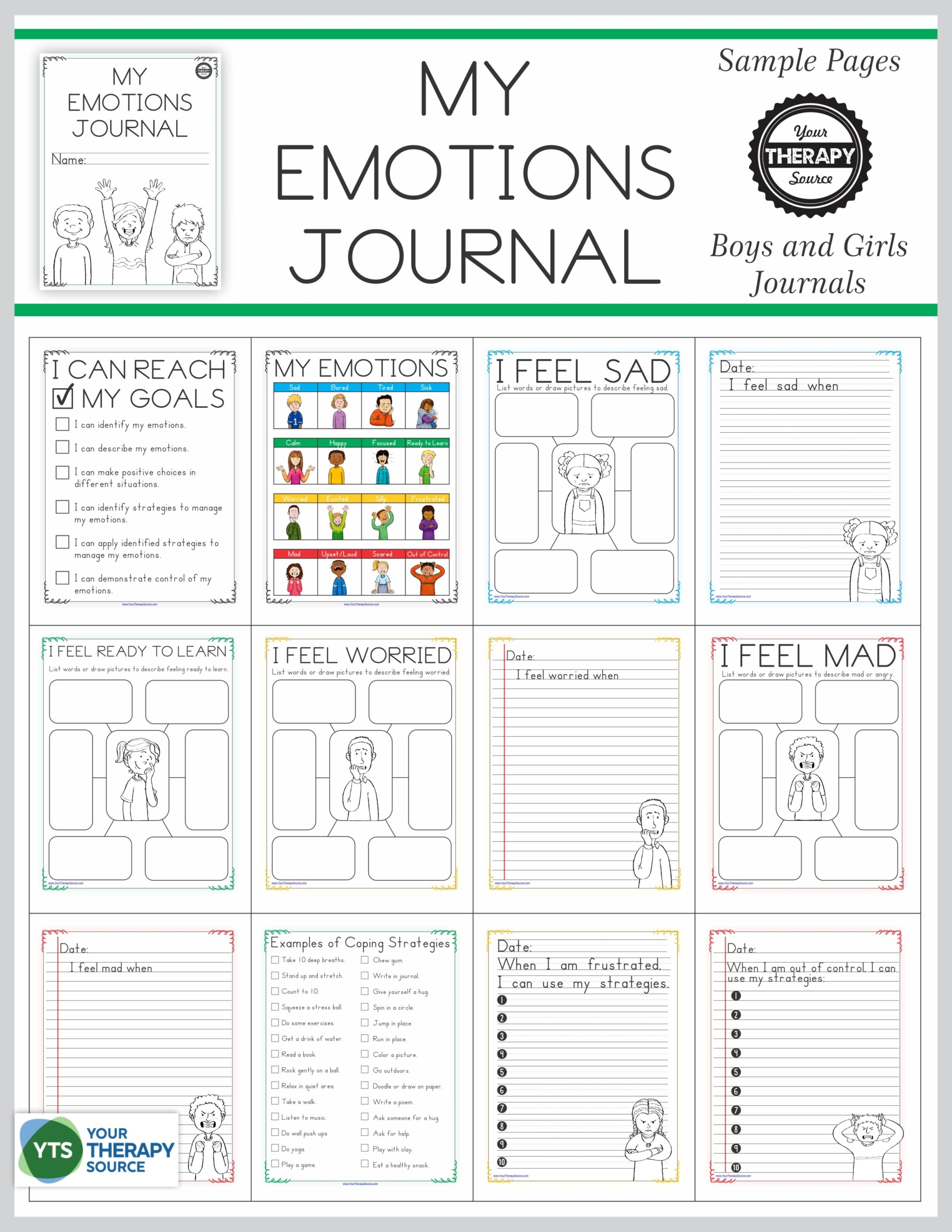
Emotional Regulation Worksheets – For Boys and Girls
BENEFITS OF CHILDREN LEARNING TO REGULATE THEIR EMOTIONS
The ability to identify and regulate emotions can make a difference in the way we feel and act. Emotional regulation is key for kids’ success both inside and outside the classroom. Having negative emotions or negative feelings is a normal part of everyone’s lives. When children learn how to manage their emotions, they’re better able to cope with stress, interact with others, and concentrate on learning.
Many experts believe that it is important for children to learn how to regulate their emotions rather than suppression of their emotions. Some of the benefits of learning emotional regulation are:
- it can help children to cope with stress.
- manage anxiety.
- help with overall better mental health overall.
- developing better social skills.
- better able to understand and empathize with other people’s emotions.
- resolving conflict in more constructive ways.
Consequently, there are many advantages to children learning how to regulate their emotions.
WHAT HAPPENS IF SOMEONE HAS POOR EMOTIONAL REGULATION?
When we think about regulating our emotions, we often think about managing our reactions to external triggers – things like angry outbursts, anxiety attacks, or crying fits. However, emotional regulation is actually a complex process that happens both inside and outside of our conscious awareness. It involves everything from the way we interpret events to the way we respond to our own thoughts and feelings.
If someone has poor emotional regulation, also known as emotional dysregulation, it can manifest in a variety of ways. For example, they may have difficulty controlling their reactions to stressful situations, leading to outbursts of anger, sadness, or anxiety. They may also have trouble modulating their own emotions, leading to an internal sense of chaos, self-harm, or unrest.
EMOTIONS IN TODDLERS
A toddler’s emotions can be like a storm. Think of tantrums – they can be exhausting. Their emotional state can be intense and change rapidly, leaving caregivers feeling uncertain about how to respond.
However, emotional regulation is an important skill for toddlers to learn, as it lays the foundation for healthy coping mechanisms later in life. There are a few simple things that caregivers can do to help toddlers regulate their emotions:
- Provide opportunities for self-expression. This might include giving them space to express their feelings through art or play.
- Help them label their emotions, using simple words and phrases like “I’m feeling mad” or “I’m feeling sad.”
- Model calm and positive behaviors yourself. When you model calmness, toddlers will begin to understand how to regulate their own emotions. This leads to a more positive emotional experience.
It can be challenging to deal with a toddler’s big emotions, but it is important to remember that this is a normal and essential part of development. By providing opportunities for self-expression, labeling emotions, and modeling calm behavior, you can help your toddler learn how to regulate their emotions. This will lay the foundation for healthy coping mechanisms later in life. Read more on Emotional Activities for Toddlers here.
EMOTIONAL REGULATION IN PRESCHOOLERS
When preschoolers experience big emotions, it can be tough for them to know how to react. They may cry, hit, or throw things. But with a little help from adults, they can learn to regulate their emotions in healthy ways.
One way to do this is by teaching them about the different parts of their emotions. For example, they may not realize that anger has both a physical and mental component. Once they understand that, they can start to identify their own triggers and learn how to calm themselves down.
Another helpful tool is deep breathing. This can help to lower the heart rate and bring some peace in the midst of a storm. Finally, it’s important to model healthy emotional regulation for preschoolers. When they see adults managing their emotions in positive ways, it will help them to understand how to do it themselves.
Provide opportunities for your child to practice self-regulation. For example, give them some time to calm down before addressing a problem. And finally, talk about emotions frequently. This will help your child to understand and label their own emotions, which is an important step in emotional regulation.
Reinforce and build upon positive emotions helping little ones to be present in the moment. Mindfulness techniques for preschoolers are also helpful.
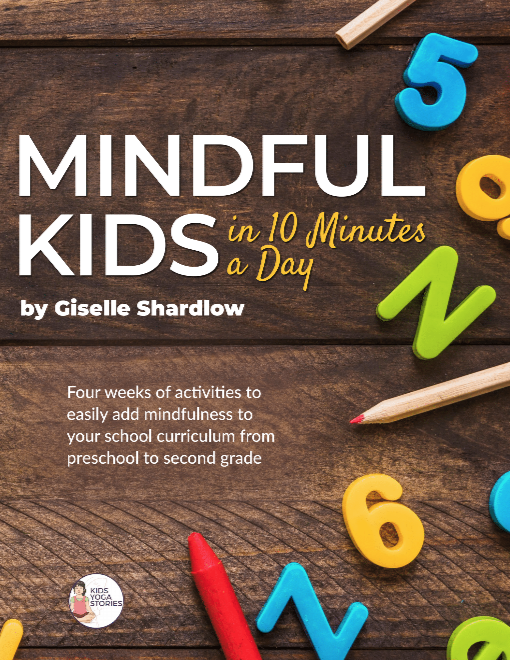
Mindful Kids in 10 Minutes a Day – PreK to 2nd Grade
EMOTIONS IN ELEMENTARY SCHOOL CHILDREN
Emotional regulation is a critical skill for elementary school children. It refers to the ability to understand and manage one’s emotions, and it is essential for success in school and in social situations.
Unfortunately, many children in elementary school may struggle with emotional regulation especially when school work becomes difficult or peer relationships. They may act out in class, have difficulty focusing, or become easily frustrated.
Thankfully, there are ways to help children develop emotional regulation skills. For example, one important emotion-regulation strategy is for adults to model emotional regulation for children. Providing opportunities for practice and teaching specific strategies for managing emotions is critical.
If you have a student who continues to struggle with emotional reactivity, school counselors can help. Students who have ADHD, autism spectrum disorders, sensory processing disorder, and other disabilities may need more targeted, specific interventions.
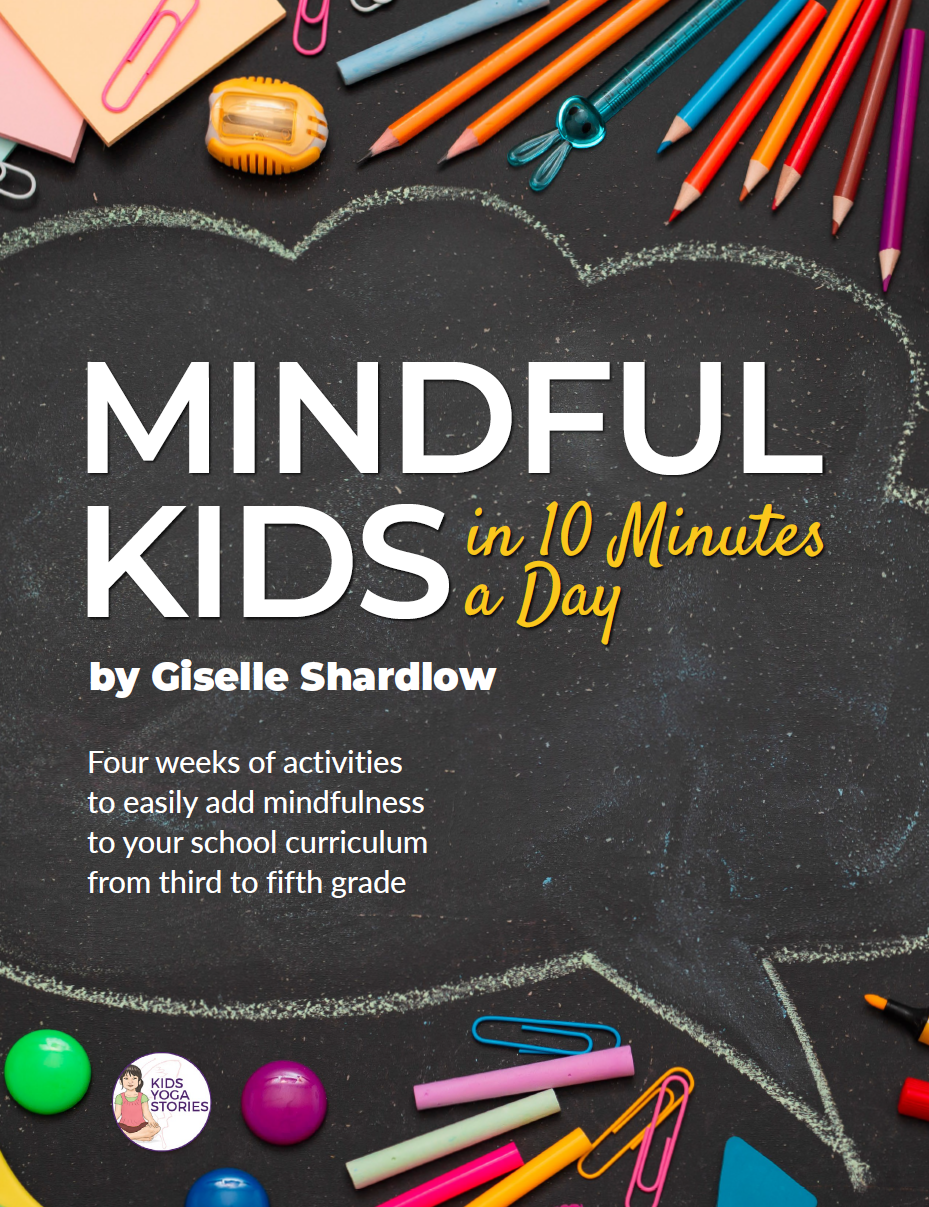
Mindfulness Activities for the Classroom Grade 3-5
EMOTIONAL REGULATION IN TEENS
As children enter adolescence, they often face new and challenging emotions. They may feel misunderstood, isolated, or insecure. Their emotions can run at high intensity. Additionally, they may deal with academic pressure, social anxiety, and body image issues. It’s important for adults to help teens navigate these emotions in healthy ways.
One way to do this is by teaching them about emotional intelligence. This includes skills like self-awareness, empathy, and self-regulation. By understanding their emotions, teens can learn how to manage them. Adults can provide support and encouragement during times of stress. Again, keep in mind, that it’s important to model emotional regulation for teens. When they see adults managing their emotions in positive ways, it will help them to understand how to do it themselves.
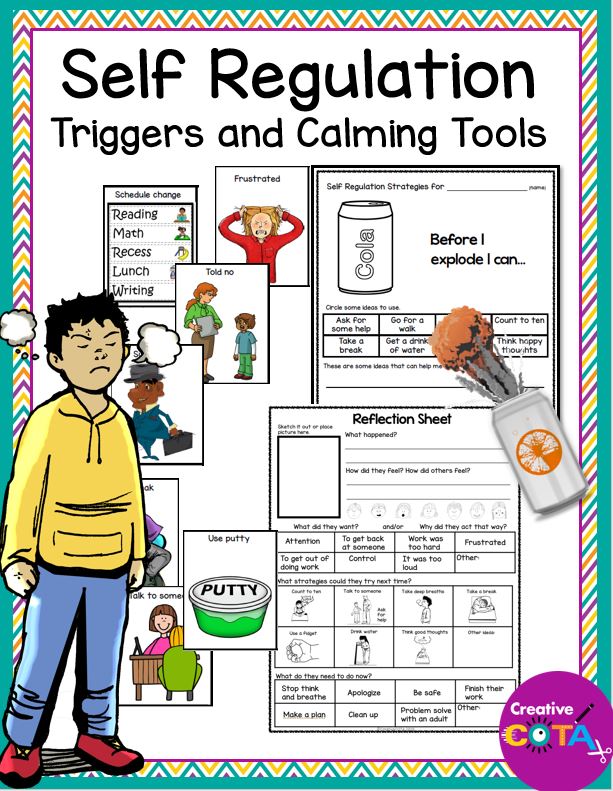
Self Regulation Triggers and Calming Tools
SELF-REGULATION FOR ADULTS IS IMPORTANT TOO!
It’s not just kids who need to work on emotional regulation. Adults can also benefit from improving their skills. After all, we all experience difficult emotions from time to time. And when we don’t have healthy coping mechanisms, it can lead to problems at work, in our relationships, and in our overall wellbeing.
There are a few things adults can do to work on emotional regulation. First, we can learn about our own emotions. This includes understanding what triggers our emotions and how to calm ourselves down. Additionally, we can practice deep breathing and other relaxation techniques. And finally, we can reach out for support when we’re struggling. Whether it’s talking to a friend, therapist, or support group, talking about our emotions can help us to feel better.
Emotional regulation is a critical skill for people of all ages. It refers to the ability to understand and manage one’s emotions, and it is essential for success in school, work, and social situations. Thankfully, there are ways to help children, teens, and adults develop emotional regulation skills. By teaching about emotional intelligence, providing support, and modeling healthy behavior, we can encourage people of all ages to regulate their emotions in positive ways.
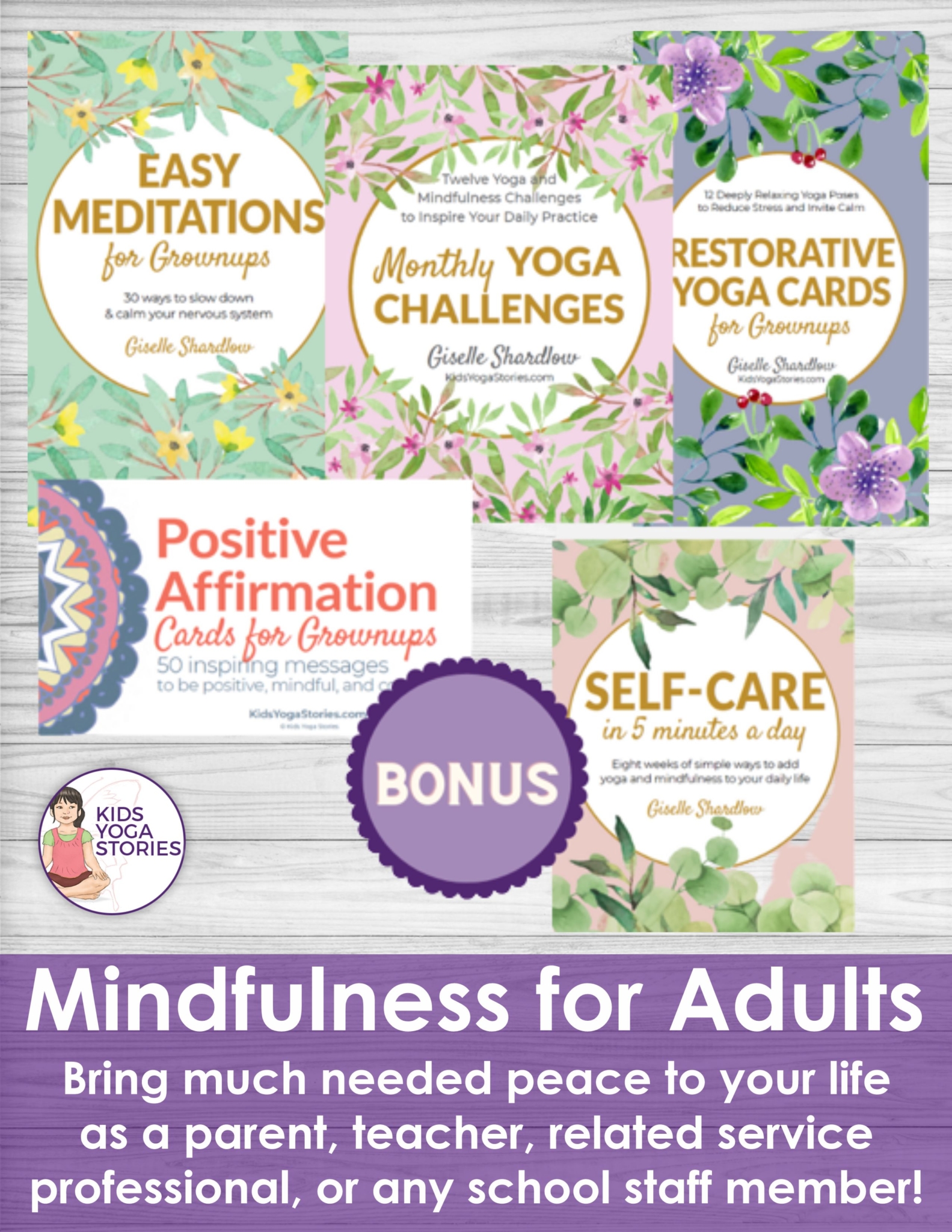
Mindfulness for Adults Bundle
ADDITIONAL RESOURCES
Accommodations for Students with Emotional and Behavioral Disorders – learn about accommodations for students with emotional and behavioral disorders (EBD) that have proven to be effective for students.
Social Emotional IEP Goals – Social emotional IEP goals are based on the idea that there are certain skills every child needs to learn in order to be successful in school and ultimately, in life. These include how to manage one’s emotions, how to follow classroom rules, how to work towards a common goal, how to maintain friendships and begin new ones, how to work cooperatively with others, and more.
Social Emotional Learning – Read about the definition of SEL and the standards for schools.
EMOTIONS RESOURCES – Check out all of our packets to help with emotional regulation in kids.
10 Emotional Regulation Activities for Kids – start your students off on the right foot with these helpful activities and exercises.
